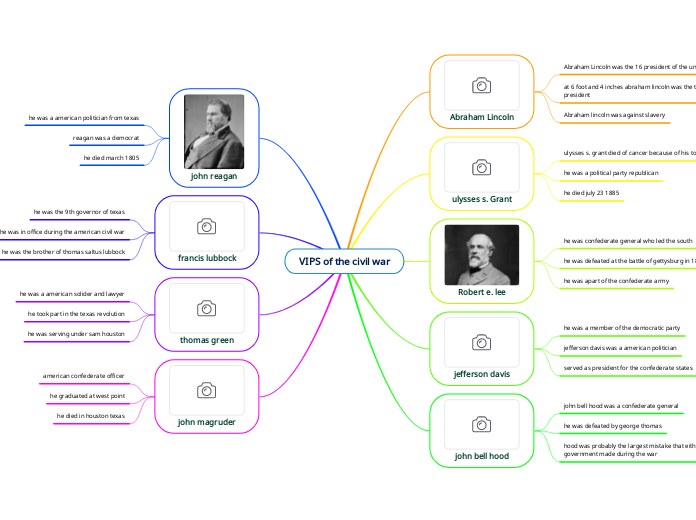da Andreu Feltrer mancano 11 anni
1374
The slavery in North America
In the mid-19th century, the United States was deeply divided over the issue of slavery, particularly between the agricultural South and the increasingly industrial North. The Southern economy heavily relied on slave labor for the cultivation of cash crops, especially cotton, which was revolutionized by the invention of the cotton gin.









